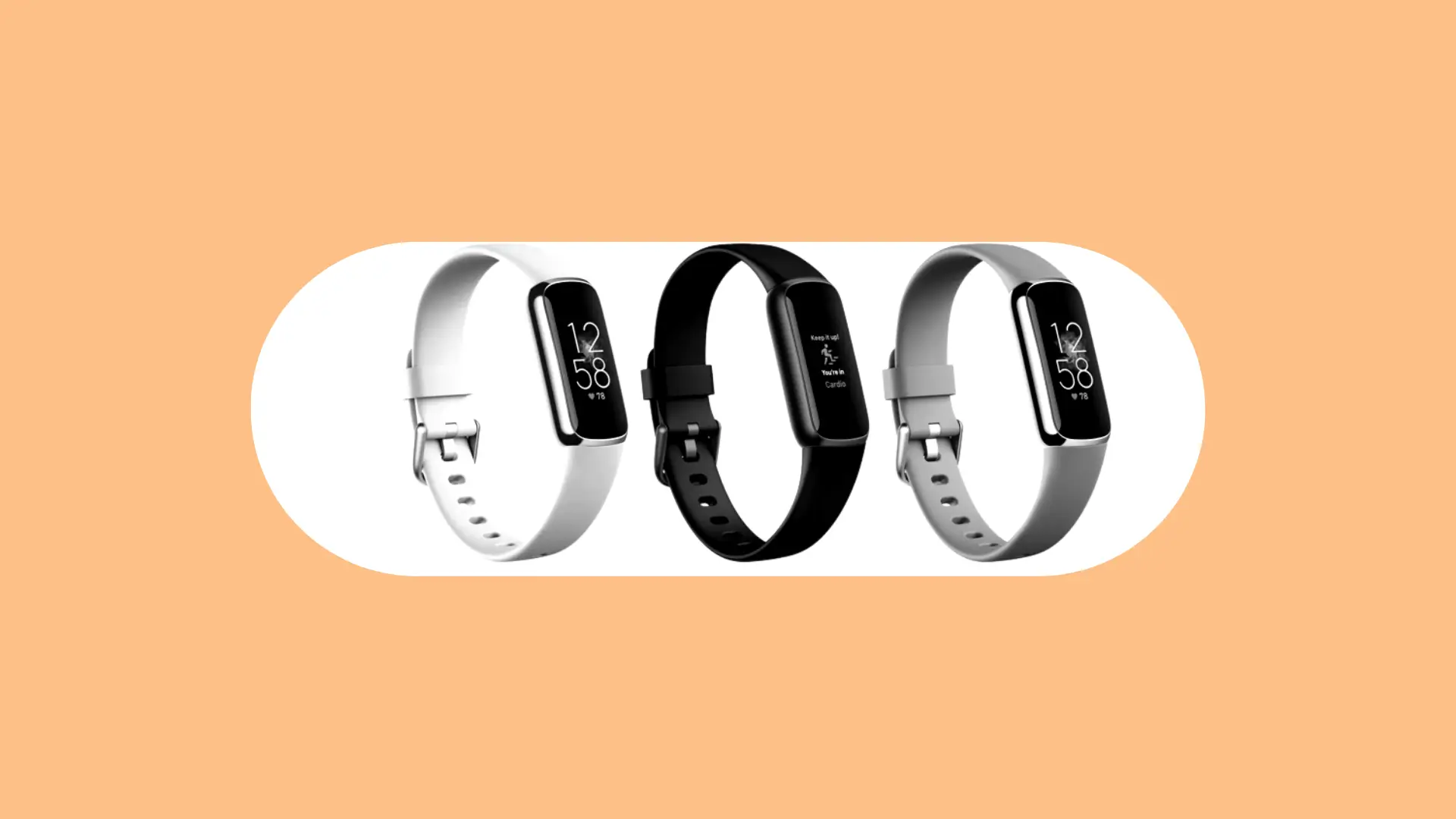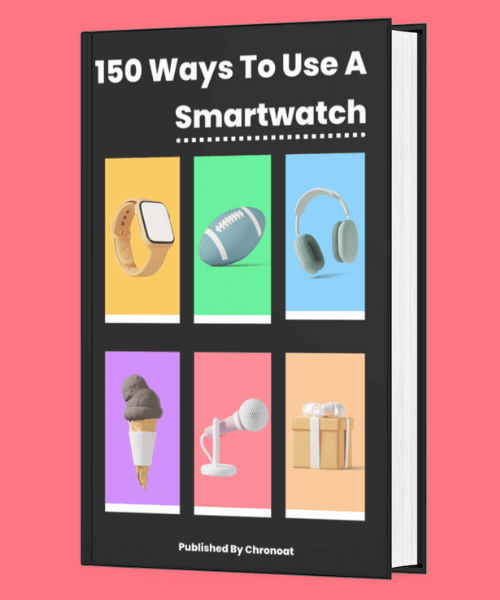According to shipments, Fitbit was the fifth-largest manufacturer of wearable technology in 2019. With 29 million customers across more than 100 countries, the company has sold more than 120 million smartphones.
History
James Park (CEO) and Eric Friedman established the business as Healthy Metrics Research, Inc. on March 26, 2007, in San Francisco, California (CTO). Fitbit, Inc. became its new name in October 2007.
The business successfully fought off a trademark infringement complaint from Fitbug in January 2015.
Fitbit purchased Fitstar, a maker of fitness coaching apps, on March 5, 2015, for $17.8 million. The business raised $732 million in an initial public offering in June 2015, turning it into a public company.
Fitbit purchased a wearable payment technology from smart credit card provider Coin in May 2016. The company, which CEO James Park referred to as a “consumer electronics company,” underwent a significant shift to become a “digital healthcare company,” he declared in October 2016. For $23 million, Fitbit purchased Pebble’s assets on December 6, 2016.
On January 10, 2017, Fitbit purchased Vector Watch SRL, a wristwatch business based in Romania.
Fitbit purchased Twine Health on February 13, 2018.
An Adidas-branded Fitbit Ionic was unveiled on March 19, 2018, after Fitbit and Adidas announced their collaboration in February. Blue Cross Blue Shield Association and Fitbit announced a partnership in August 2018, whereby BCBS will incorporate Fitbit’s wearables and fitness trackers into its Blue365 programme.
In January 2021, Fitbit was acquired by Google and absorbed into its hardware division. The acquisition was scrutinized by regulators concerned over Google’s access to personal data in both the United States and Europe.
Line Of Products
The Fitbit Tracker was the first item to be made available; it was made available in 2009.
Activity trackers, a website, and a mobile app for iOS, Android, and Windows 10 Mobile were all introduced by Fitbit in 2014. This enables the trackers to sync with devices like mobile phones through Bluetooth or with a Bluetooth-enabled Windows or macOS PC. Users can track their weight, diet, and activities over time, as well as establish daily and weekly goals for their steps, calories burnt and eaten, and distance traveled.
The app also features a community page where users may set goals for themselves and engage in friendly competition. The social component predicts a rise in motivation and discovers that users walk an additional 700 steps per day on average when they have friends using the programme. Additionally, users have the option to share their progress photos and achievement badges.
The Fitbit Ionic smartwatch was introduced by the firm in 2017, while the Versa, a revised and more affordable model, was introduced in 2018.
The Fitbit Charge 3 was the first wristband health and fitness tracker to include an oxygen saturation (SPO2) sensor; however, as of January 2019, it was not operational, and Fitbit could not specify a schedule for its adoption.
The app also features a community page where users may set goals for themselves and engage in friendly competition. The social component discovers that users take a The Fitbit Charge 3 comes with two different-sized bands: small and large. The social aspect anticipates a boost in motivation. The small measures approximately 5.5-7.1 inches (14-18 cm), while the large measures 7.1-8.7 inches (18–22 cm). Additionally, the screen is almost 40% bigger than the Charge 2’s. The Fitbit Charge 3 is available in two color combinations: a “Graphite Aluminum” screen cover with a Black band and a Rose-Gold case with a Blue Grey band.
The Fitbit OS 3.0, which featured an expanded dashboard, rapid logging for weight and water intake, and a goal-based activity mode, was made available by Fitbit on December 17, 2018. More information on weight, water intake, and sleep would be available in the new extended on-device dashboard (Fitbit Today).
The Fitbit Versa is available in three different versions: regular, Special, and Lite.
Fitbit launched an API and open source tools in December 2018 to make it easier for developers to create apps for its smartwatch models.
The Fitbit Charge 3 was made available in India on January 2, 2019, according to the firm.
Fitbit Flow, a ventilator, was introduced by the firm on June 3, 2020, during the COVID-19 pandemic, in response to the global lack of ventilators in hospitals and medical facilities that are needed to treat critically ill patients. Even while Fitbit Flow received emergency approval from the Food and Drug Administration, the manufacturer does not view it as a direct alternative for conventional ventilators. The equipment is intended to serve as an alternative to more expensive traditional ventilators when those are not an option. Fitbit Flow will therefore only be used during the COVID-19 epidemic, according to the company.
Awards
Fitbit was selected as the runner-up at TechCrunch50 in 2008, and in 2009, it won the CES awards for “Best in the Health & Wellness category” and “Innovation honoree.” Fitbit was also named 37th out of 50 companies in 2016 for most innovative. On the list of the Deloitte Fast 500 North America in 2016, Fitbit was rated as number 46.
Recalls
Fitbit and the U.S. Consumer Product Safety Commission (CPSC) recalled the Fitbit Force on February 20, 2014, as a result of some customers having allergic responses to the product’s materials. The CPSC officially announced the recall on March 12, 2014. There were 250 reports of blistering at the time, and 9,900 reports of skin irritation.
A woman reported in April 2017 that her Flex 2 device malfunctioned and caught fire, leaving her arm with second-degree burns. Following an inquiry, Fitbit firmly believed that external forces were to blame for the tracker’s explosion. The company also informed customers that it was not aware of any other complaints and that they may continue to use their Fitbits without worry.
Fitbit voluntarily recalled its Ionic smartwatches on March 2, 2022, in response to allegations of overheated batteries that some owners said resulted in skin burns. 78 incidents of skin burning were received at the time of the recall.
Public Data-Sharing By Default
Users must register for a Fitbit account and accept the company’s data gathering, transfer, and privacy policies before they may set up and use Fitbit devices. Fitbit’s website’s default activity-sharing settings, which made users’ manually inputted physical activities open for public inspection, came under fire starting in June 2011. However, some users were not aware that the data was public by default and had the option to make their physical activity statistics private. The fact that some users were inserting information about their sex lives in their daily activity records and that this information was by default made public was one specific problem that technology bloggers poked fun of.
Google Acquisition
Concerns about the possibility of Fitbit user data being coupled with that from other Google services or sold for uses like targeted advertising have arisen as a result of the Alphabet acquisition. There are also worries that user information might be provided to health insurance providers. Given that trustworthiness was “paramount” to the business, Fitbit responded in 2019 by stating that user data will not be used or sold for Google’s advertising purposes and that the sale would not alter their long-standing commitment to customer privacy and security.


